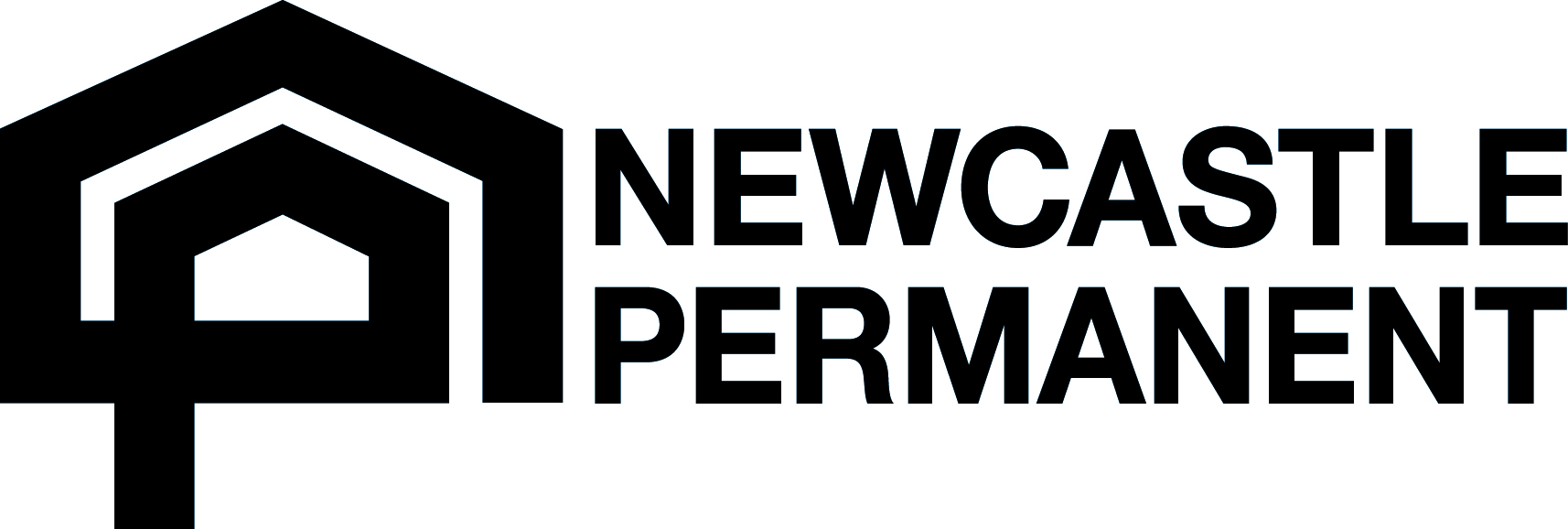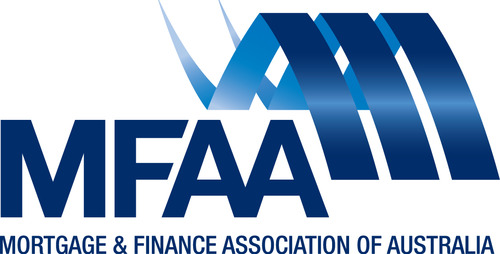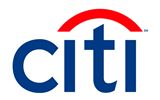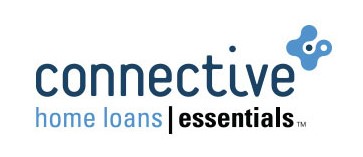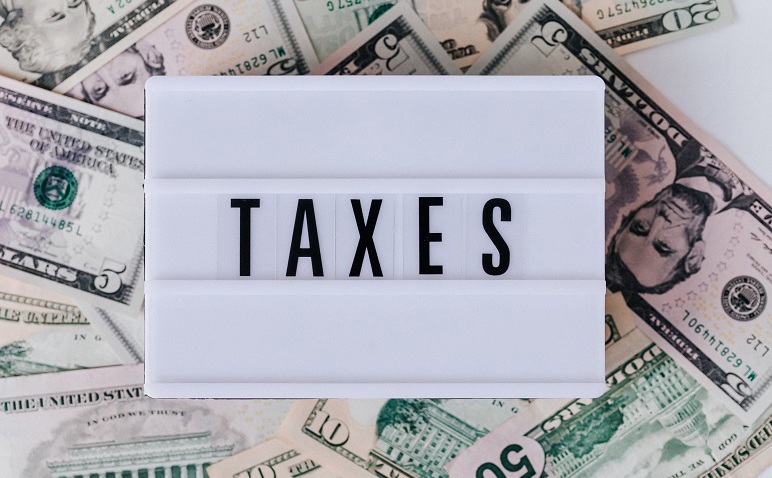
Best Tax Tips for 2021
Tax Tips for Property Investors, Business Owners & Individuals
Regardless of your personal circumstances, planning for tax time is an important part for property investors, business owners and individuals.
Reading up on tips and tricks or speaking with other people who are in a similar situation (e.g. other property investors) will help you have better informed discussions with your tax advisor however it is critical to seek professional advice before making decisions around personal or business finances.
The below content is not tax advice, this can only come from a licenced tax advisor, however it may assist to self-educate yourself on some of the tax planning discussions you should have with your licenced tax advisor.
Property Investors
Capital gains tax – when selling an asset that has made a capital gain, speaking with your licenced tax advisor could potentially save you a lot of money.
For example, if you plan on taking time away from work in a financial year, selling the asset during this time, when income is reduced may be beneficial.
If you have sold an asset with a capital loss (or about to), it is important again to seek advice about how this impacts your taxable income for the financial year.
Two very important discussions to have with your licenced tax advisor.
Depreciation – if you haven’t already had a depreciation report completed on your investment property, getting this done before tax time can also contribute to your overall taxable income via deductions if available.
We have a deal available with Washington Brown allowing our clients to secure a discount on depreciation reports. To request a quote and discuss booking a depreciation report click here.
Repairs – if you have been holding off on doing some upgrades on the property, perhaps they should be planned before tax time so you can claim the expenses immediately after June 30.
Planning repairs and minor works needs to be done in advance with your Property Manager to ensure you can get the services / trades people onsite in the lead up to June 30th, so mark this one in the calendar for March / April each year.
Business Owners
Instant asset write-offs – if you purchased an asset for the business or need to purchase a new asset, an instant asset write off may be available depending on the size of the business and the value of the asset purchased.
Items such as computers, laptops, tablets, office furniture or equipment, motor vehicles or other tools, you may be able to claim the instant asset tax write-off.
The Government is constantly changing the criteria for this so it is essential to speak with your licenced tax advisor before making any decisions to ensure the plans meet the legislation at the time.
Distributions & personal income - one of the accountants we recently spoke with said a common issue with business owners is that they do not pay themselves enough and that having a plan in place to purchase assets in their personal name is generally missing.
Getting a business owner to pay themselves more so they can accumulate assets is what they are trying to educate their clients on.
It was suggested that business owners prioritise cashflow, retaining earnings in the business for future use and minimising personal taxes.
While the tax rate applied to business may be less than the owners tax bracket, it may be time to discuss this with your accountant and financial planner to determine if a change of strategy is on the cards.
Superannuation payments – if the business is looking to make a profit and the business owner has not paid themselves any Superannuation (another common self-employed trend), then perhaps this is another important tax planning discussion to have with your tax advisor.
There is a concessional cap on Superannuation payments so again, your tax advisor can assist calculating what you may have paid and what you can pay.
Obsolete stock – if you have stock laying around that is damaged and not suitable for sale, this can be written off as long as it is disposed of. This can be applied as a loss to the business so perhaps it is time for a ‘winter’ clean out.
Outstanding debtors – if you have billed for a service and paid tax on the income that was never received, these outstanding debts could be considered as another loss if they have been unpaid for a period of time. If you paid tax for a service that was provided but never received the income, an adjustment may be applicable. For this to apply, the debt cannot be recoverable so add this item to the list of talking points with your tax advisor.
Pay invoices in advance – if there are services you know are needed, and you are going to be buying them in the near future, this is another way to pay for a service before tax time as part of your strategy.
This may be related to stock, rent, new equipment, a fit out or service providers (e.g. website designer, consultants).
Personal Tax Planning
Working from home – there are a range of deductions available for people working from home, there are some simple calculation that can be applied, however without asking your tax professional, then how will you ever know what you can claim? Items can include:
- Heating, cooling and lighting
- Cleaning costs
- Decline in value (depreciation) of home office furniture and fittings, office equipment and computers (for items over $300)
- Computer consumables, stationery, telephone and internet costs
- Items of capital equipment (such as furniture, computers and associated hardware and software) that cost less than $300 can be written off in full immediately
Car expenses – if you use your car for work, you may be eligible to claim the expenses at tax time. There are some requirements for this, such as completing a log book of trips, keeping invoices for expenses and recording the journey purposes however it is another consideration when it come to work expenses to be claimed.
Traveling to and from work is not a work related car expense necessarily however travel to client meetings may be.
Mobile phone – if used for work purposes, you may be eligible for a deduction. Phone bills will be required so you can demonstrate which calls and expenses relate to work.
Charitable donations – a wonderful thing to do, supporting your favourite charity and if you make a donation of more than $2 with a receipt to confirm your payment, this is another deduction you can claim.
Work purpose items – if you use a bag to transport your laptop to and from work, such items may be deductable from your taxable income.
Tax planning is not a one off event, it should be an ongoing discussion with your tax advisor to ensure all areas of a business or personal investments are managed effectively.
Best practice is to have receipts and invoices for everything you are claiming, digitise them and keep them on file for at least five years as per the ATO guidelines.
Of course, there is a cost to engaging a tax advisor but as the many financially successful people say, you need to spend money to make money, so investing in your education to work closely with a professional tax advisor, should outweigh the costs.



